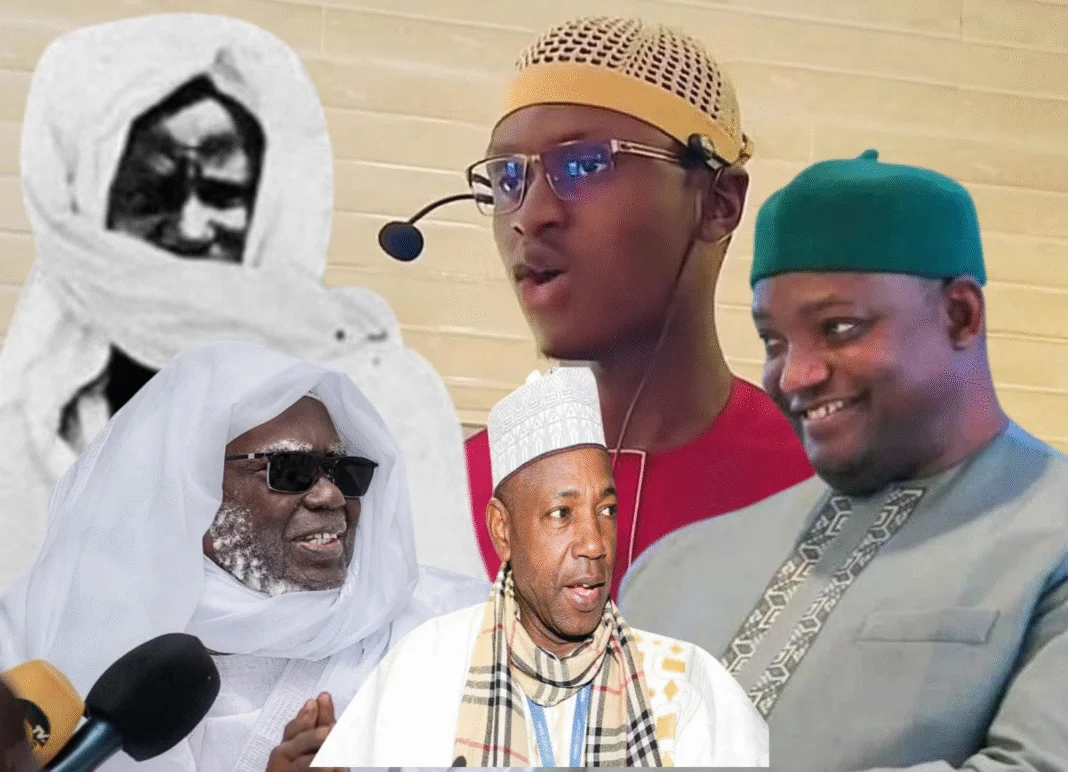
A young cleric, Imam Abdul Kareem Kuyateh, is at the centre of a national controversy after declaring during a Friday sermon that the annual Magal of Touba is haram, warning worshippers that “anyone who goes there and dies will end up in hell.”
His remarks, which controversially compared nightclub-goers favourably to pilgrims, have provoked widespread outrage, official apologies, and a heated public debate over religious tolerance and freedom of expression.
Supporters of Imam Abdul Kareem gathered peacefully at the Arch in Banjul on Monday ahead of his scheduled questioning at Police Headquarters. Chanting prayers and messages of solidarity, they described him as “a courageous voice in Gambian Islam” and pledged to stand by the cleric.
Police summoned the imam to appear at 2 p.m. following a formal complaint filed by the Mouride community, who described his sermon as “offensive and disrespectful” to their faith.
The case has ignited one of the most polarising religious debates in the country in recent years.
Imam Abdul Kareem, a hafiz of the Qur’an, holds a Bachelor’s degree from the University of The Gambia and a Master’s degree from Beijing Normal University in China.
He previously taught in schools, earned a Higher National Diploma in English and Social Sciences, and now runs a Daara where he educates children in Islamic studies.
“The Magal Touba is not part of Islam,” he told his congregation. “Anyone who goes there and dies will end up in hell.” He further stated that “nightclub-goers are better than those who travel to Touba for Magal,” remarks that immediately drew condemnation.
The Ministry of Lands, Regional Government and Religious Affairs described his comments as “inappropriate and unacceptable,” issuing an official apology to the Mouride community both in Gambia and abroad. The ministry confirmed that Imam Abdul Kareem has since admitted his mistake, repented, and issued a formal apology.
Despite this, the controversy continues. While the government stresses that such remarks “must not be tolerated,” groups such as Team Ibadu Rahman have rallied behind the imam, portraying him as a defender of orthodox Islamic teachings.
The case has sparked broader discussions across Gambia about the balance between freedom of speech, respect for religious diversity, and the state’s role in mediating intra-faith disputes. As police questioning proceeds, Banjul remains tense, with public opinion sharply divided and the outcome set to influence religious discourse in the country for years to come.



